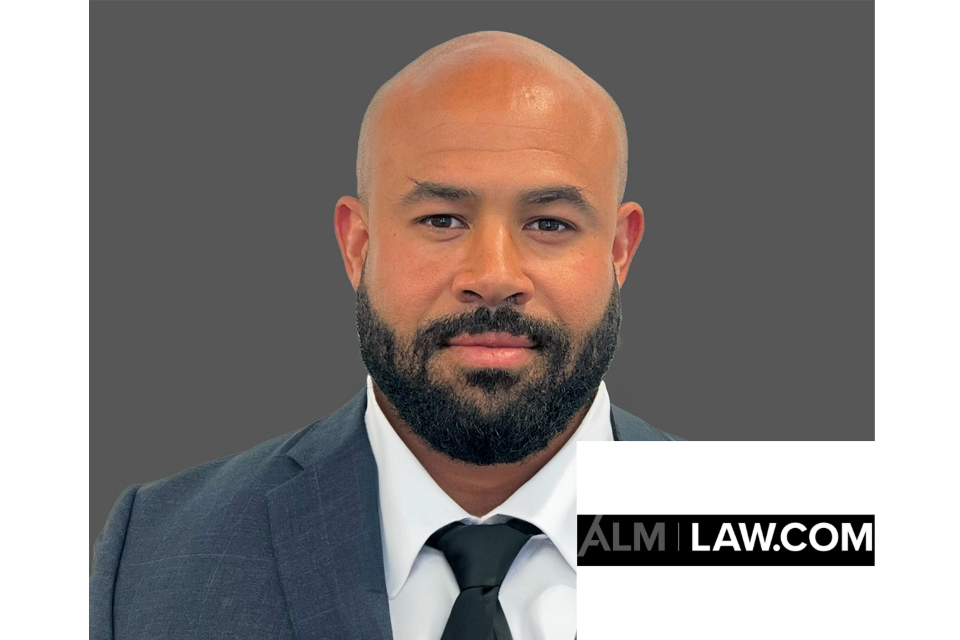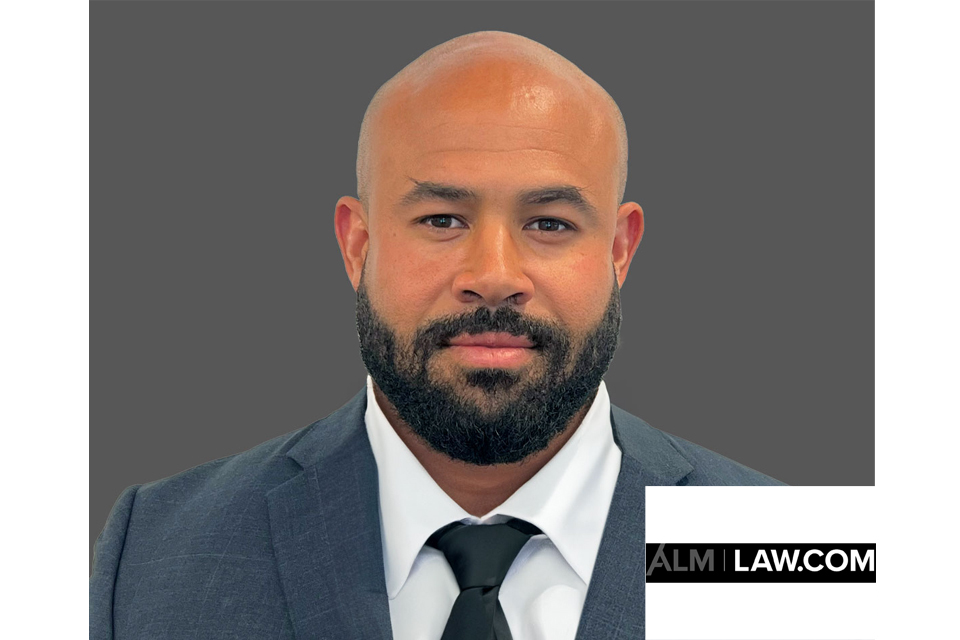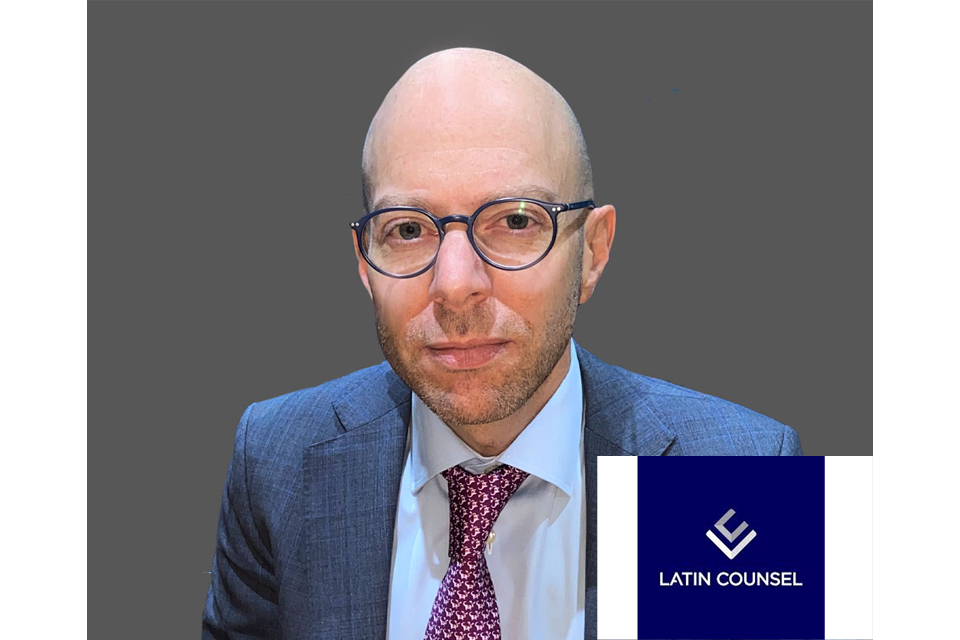Tax, Trust and Estates
Offshore companies are often used to structure businesses and can provide beneficial tax laws and asset protection. One of the most popular offshore jurisdictions is the British Virgin Islands (“BVI”). The BVI offers corporate flexibility, tax neutrality, low incorporation cost, expedited company formation, efficient company maintenance, innovative trust structures, debt financing, and simply put, overall success.
What Are the Pitfalls of Not Having A Succession Plan?
The law of the BVI provides that the shares of a BVI company are presumed as located in the BVI. So, what happens to the shares of a sole shareholder or director of a BVI company when said shareholder or director dies? BVI law provides that such shares cannot be transferred to the shareholder’s heirs without a grant of probate or until the letters of administration are re-sealed by the BVI court. The probate process can be lengthy, costly, and inefficient. To avoid the burdensome effects the probate process can have on your assets, your family and your business, this article sheds light on the succession planning options available for avoiding probate as it relates to a BVI company.
What Are Some Effective Succession Planning Options?
1. Reserve Directors
The appointment of a Reserve Director is a course of action provided by BVI law in the case of a company with one shareholder who also serves as its sole director. The main problem arises when the sole shareholder and director dies, since there will be no longer a shareholder to appoint a new director. A Reserve Director steps in the shoes of the sole director and may operate the company immediately on the director’s death, thus avoiding any interruption and allowing for the continuity of business while a probate in the BVI is conducted. Appointing a Reserve Director facilitates the continuity and efficiency of a BVI company but does not avoid the need for probate since the shares in the company will still need to be transferred to the legal heirs of the deceased shareholder.
2. Holding Shares in Joint Tenancy with a Right of Survivorship
A joint tenancy is a co-ownership right, and a right of survivorship means that the survivor of the co-ownership takes full ownership in the property on the other co-owner’s death. For example, where shares in a BVI company are co-owned by husband and wife with a right of survivorship, the shares will automatically pass to the surviving spouse on the death of the other spouse. This automatic transfer provides for the avoidance of probate.
3. BVI Trust
The Virgin Islands Special Trust Act of 2003 created a special trust known as the “VISTA trust.” As with any trust, the assets of the trust are managed by a Trustee. Therefore, on the death of a shareholder or director, the Trustee manages the assets in the trust without the necessity for probate. The difference between the Vista trust and any other traditional trust is that the Vista trust imposes the responsibility for managing the company with the directors only. This legislation bypasses the common concern of a trustee’s liability as it relates to high-risk assets with private family company shares.
4. Private Trust Company
A private trust company (“PTC”) has the limited purpose of acting as the trustee for a related group of related trusts or for a specific trust, such as the Vista trust mentioned above. The company is incorporated in the BVI and is prohibited from soliciting trust business from the public. Among the many benefits of creating a PTC is the benefit of familiarity and continuity. Family members may sit on the board of directors of the PTC to provide more familiarity and continuity of the grantor’s wishes for the trust than an institutional trustee could. The PTC streamlines and simplifies trust administration.
5. Cascading Shares or Different Class Shares
By issuing cascading shares, a shareholder’s heir or heirs are issued shares. However, the right to the shares do not become active until the death of the principal shareholder. Therefore, there is no need for probate. Additionally, implementing a multi-class stock structure will assist a company in transitioning the business to other shareholders without exposing the company to the probate process.
Each option listed above requires a careful consideration and evaluation of the business. The options listed are a brief overview of some effective succession planning strategies that may be implemented to avoid probate. As the popular quote states, failure to plan is a plan to fail, and the continued success of your BVI company will depend on the implementation of a strategic succession plan. Be on the lookout for an in-depth webinar discussing BVI succession planning during the next couple of weeks. The webinar will further discuss the options listed above in addition to other options that are available.
Barbosa Legal is a boutique international law firm fully equipped to provide you with customized succession planning and the implementation of said plan to your specific needs. Our global experience and multi-lingual staff consistently achieves successful results for our clients.
Article written by Ileana Garcia.
Contact: Julio Barbosa


















































































![Especial abogados Salón de la Fama[61] 4](https://diazreus.com/wp-content/uploads/2023/06/Especial-abogados-Salon-de-la-Fama61-4-pdf.jpg)


























































































































































































